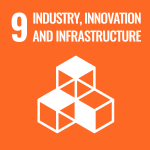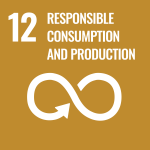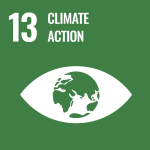Compostable bio-based plastics could disintegrate faster than orange peels and paper
Did you know that only 9% of the world’s conventional plastic produced has ever been recycled? What does that mean for the remaining 91%?
The chemical industry is working hard on solutions to decrease the amount of plastics that find their way to landfill or incineration. One viable alternative includes bio-based compostable plastics.
TotalEnergies Corbion uses sustainably sourced sugarcane to produce polylactic acid polymers (PLA), a biobased versatile and compostable plastic. While conventional plastics are known for resisting all manner of biological degradation, PLA degrades in industrial composting facilities and disintegrates faster than orange peels and paper. At the same time, their chemical structures provide enough resilience and strength to be able to replace conventional plastics in many applications.
Compostable biobased plastics like PLA are poised to respond to numerous ecological challenges. From their low carbon footprint to the flexibility of their end-of-life, these plant-based materials represent a sustainable alternative to current petroleum-based, nonbiodegradable plastics in a wide range of applications.
Associated SDG targets


